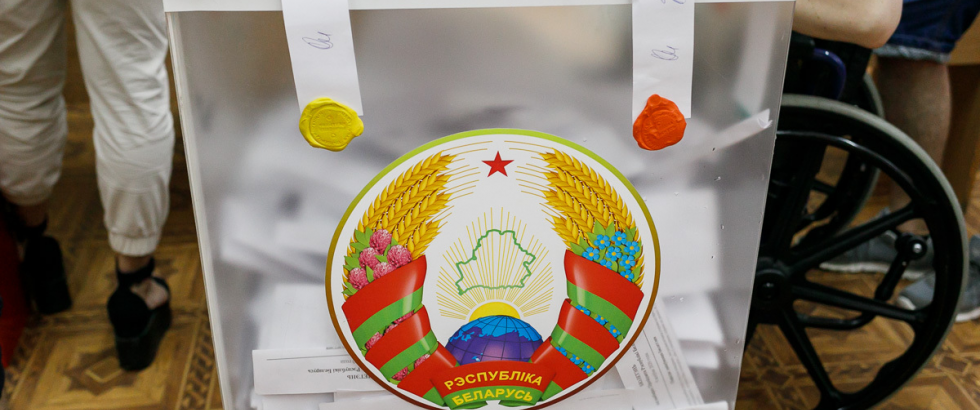The regime does not feel the need to expand its support base; security forces continue to repress activism in society
 The situation got worse
The situation got worse

The state declines to bribe sympathisers on the eve of the referendum. The authorities ensure an easy ride for the election organisers by not including any opposition representatives in the election commissions. Security forces continue to repress and demotivate supporters of change.
The regime is trying to rally loyalists and motivate them to vote early. On polling day, election commissions may be overwhelmed by supporters of change mobilised by Lukashenka’s opponents. The 2020 presidential campaign demonstrated that the electoral system is not equipped to cope with full voter participation (e.g., long queues at polling stations on August 9, 2020). The authorities expect a significant part of the population to abstain from the process.
Ideologues plan to demonstrate traditionally high support for Lukashenka and the proposed innovations in the basic law conferring constitutional status on the National Assembly. The authorities reduce the risks of leakage of accurate poll results by omitting oppositionists from precinct election commissions.
Lukashenka has decided to reshuffle some staff in the run-up to the referendum. Such changes are usually suspended during political campaigns, as all the attention of the state apparatus is directed towards manipulating the population.
The government’s countersanctions worsen the situation with inflation and stock levels and increase tensions among potential Lukashenka sympathisers. The state is strengthening price controls and shifting responsibility for population welfare to private business. The Monopoly Regulator files a court complaint regarding the prices of vegetables in large retail chains.
Food price inflation harms the sentiments of people previously considered by the authorities as loyalists, such as pensioners and large families. Social discounts imposed by the government on retail chains are criticised by those population segments most likely to be recipients and likely Lukashenka sympathisers.
For the first time in five years, pensions have fallen in real terms. The population’s welfare continues to decline, and Belarusians are actively selling more currency than they buy.
Despite the growth of foreign exchange reserves, the National Bank is in thrall to lobbyists from the agricultural sector. Consequently, the debts of agricultural enterprises to banks have grown over the past year. However, budget support for the public sector is generally reduced due to a lack of funds.
The Investigative Committee announced a bill on absentee trials of Belarusians abroad in criminal cases. The security forces expect to suppress activity amongst the diaspora and the influence of political exiles in Western capitals and within Belarus.
Any initiatives that exceed the regime’s constrained framework of political behaviour are criminalised. A case has been initiated against activists advocating the single strategy of democratic forces. The number of political prisoners continues to grow, reaching 1049.
The authorities plan to ensure turnout during the referendum mobilisation of state employees and early voting.
Subscribe to our newsletter




Situation in Belarus
Constitutional referendum: main consequences


 Video
Video
How to count the political prisoners: are the new criteria needed?


 Video
Video
Paternalism In Decline, Belarusian Euroscepticism, And The Influence Of Russia


 Video
Video











